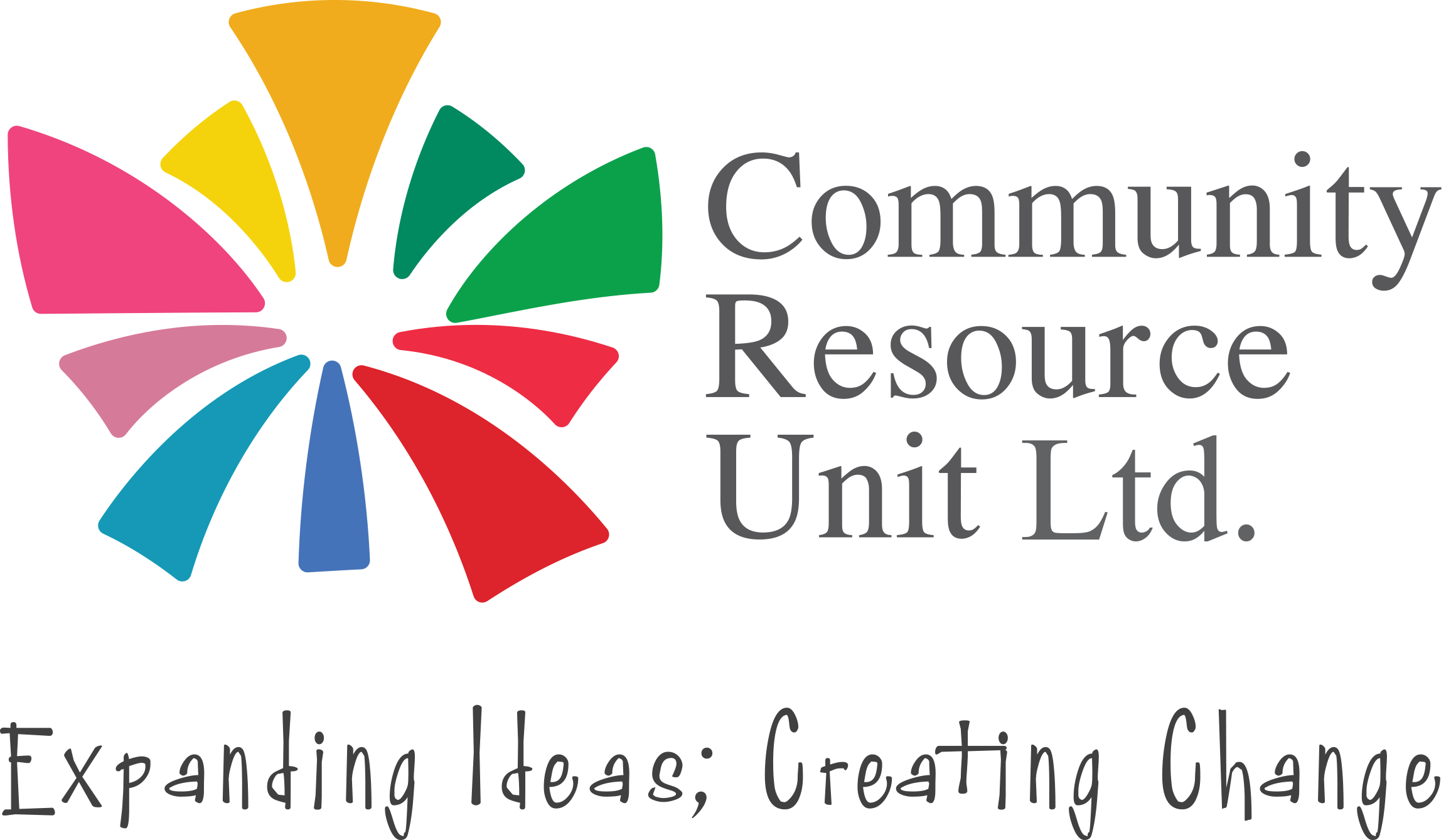
Information about what education supports are available.
Early Childhood
If your child is presenting with a delay or disability, it may be worthwhile connecting with the National Disability Insurance Scheme’s early childhood partner. You do not require a referral and the early childhood partners have teams of professionals with experience in working with children with developmental delays.
Should your child have difficulty accessing inclusive early childhood services, there is the Inclusion Support Program which works with families and services to identify and address any barriers to inclusion and the Kindergarten Inclusion Support Scheme which provides funding for inclusive support. Additionally, the Early Years Connect is to help educators to support children with complex additional needs to participate in early childhood education settings.
Supports for families and carers of children with disability include, Association for Children with a Disability (ACD), MyTime, Carers Australia, Raising Children and SourceKids. Additionally,
Family and Child Connect provides free, unlimited and confidential advice. For parents looking for practical upskilling, the Triple P Positive Parenting Program has been tested with thousands of families over four decades and helps
parents to feel more confident, less stress and less depressed.
Primary and Secondary School
Under the Human Rights Act 2019 (Qld) all Queensland children have a right to education and to enjoy their human rights without discrimination. This may mean that a school needs to make a reasonable adjustment to ensure education is accessible to a school student. This reasonable adjustment should be made in consultation with the student, or an associate of the student (such as their parent or carer).
When working with students, there must be awareness that there is no one-size-fits-all approach to meeting the needs of students. This means that what one student needs, may be different to the next. In order for students with disabilities to be provided an Education Adjustment Program (EAP), they may need to go through a verification process to identify the adjustments that are needed. To find out what supports are available for students with disability, visit the Education Queensland webpage.
If you or a loved one is experiencing difficulties in relation to reasonable adjustment, education adjustment plans and accessing inclusive education in Queensland state schools or home school, QAI has an education advocacy service which can provide advice and advocacy to the student and/or family/caregiver to assist with resolving the issue. Additional resources to family and caregivers of students with disability are the Queensland Collective for Inclusive Education (QCIE) who have a range of information, campaigns and peer support in relation to inclusive education and the Community Resource Unit who have a current project: “Families for Inclusive Education”.
Tertiary Education
There are a different subsidies available to eligible Queenslanders to increase their skills. To see what current available government subsidized training is available, refer to the Queensland further education webpage.
Each tertiary education provider will have its own department which provides support to students with disability. These programs may be referred to as disability support, access programs, inclusion programs or student services support. Many education providers will have dedicated teams that can help students with disability to ensure that education is accessible to them. These services may organize additional support such as closed captioning, interpreters, extended exam sessions or adaptive equipment. To find out which service is available for your university, you can search this list here.
If you’re needing assistance applying to university due to financial or personal challenges, the Education Access Scheme through QTAC may assist with gaining entry and financial assistance.
The Australia Disability Clearinghouse on Education and Training provide information and advice to students and teachers to ensure students with disabilities are provided with appropriate support.
For regional and remote students, there is the Tertiary Access Payment available to assist with relocating to attend an education program where a certificate IV or above is being studied.





